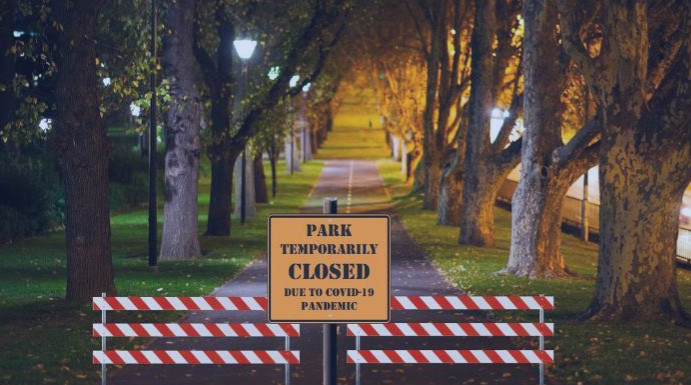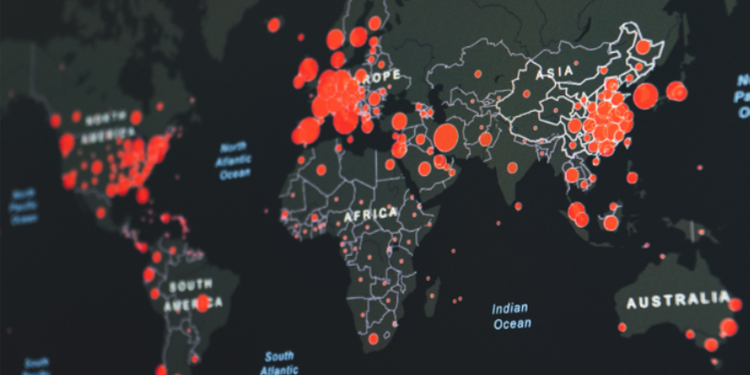Australia took early measures concerning lockdown restrictions in 2020. This resulted in the country being almost Covid-free throughout most of the pandemic. At the same time, the rest of the world was in distress. Except for Melbourne, which endured a 3.5-month lockdown, most of the country had managed to live life as close to normal as possible; beaches and restaurants were packed, rock concerts were held out throughout the summer – it was like a fortress from the rest of the world.
However, the spread from one Delta variant case in June 2021 brought all this freedom to a halt. Infections spread rapidly and the country has already reported over 800 cases, with several deaths per day. As a result, the country imposed strict restrictions, and over half of its population is currently under lockdown.
However, there is backlash from people who feel frustrated by the lockdown. In addition, the vaccination rollout is especially slow, so no end is in sight to this issue.
Australia’s slow vaccination rate
In June, less than 14% of the Australian population was fully vaccinated. This is the slowest vaccination rate among OECD nations. Prime Minister Scott Morrison has been criticized for the slow vaccination rate, but he is not apologizing.
AstraZeneca is the leading vaccine supplier, but there has been a reluctance to take it due to reports of blood clotting in rare cases. Australia has limited supply of the authorized Pfizer vaccines, making matters even more complicated. To add to the delay, Australia had originally set the age for dispensing AstraZeneca to over 60, resulting in very low demand and supply.
The country is now increasing the vaccination rate and implementing mass vaccination hubs to fast-track the rollout.

Australia’s economy to suffer
Data shows a concerning decline in its economic growth due to the recent lockdowns. Spending dropped, and retail sales data for July declined to -1.8%; this was worse than the projected -0.5%.
Economists further predict that the gross domestic product will also decrease in Q3. The release of economic data creates liquidity in the financial markets, and it presents an opportunity to trade online. One place you can get up-to-date daily and weekly market news is from InvestingCrypto.
Data released by the Commonwealth Bank shows a decline in credit card spending versus the same period last year. The expectation is that spending will drop even further in the months to come, as Australia’s stay-at-home rules intensify. People working outside of their local government areas were stopped, and construction has been banned until the end of August.
The government issued an emergency payment of $600 to construction workers. Sadly, that is not the case for all employees of all sectors, as some were left with no solution.
On the other hand, there is sense in this policy. For construction workers, for example, working from home is not possible, while other sectors can find alternatives. “Generally, since a lot of people are at home these days, we see a whole lot more online trading activity on our platforms,” explained an analyst from InvestingCrypto. “While the government is offering financial aid, people in Australia are skeptical and looking for more income sources.”


















